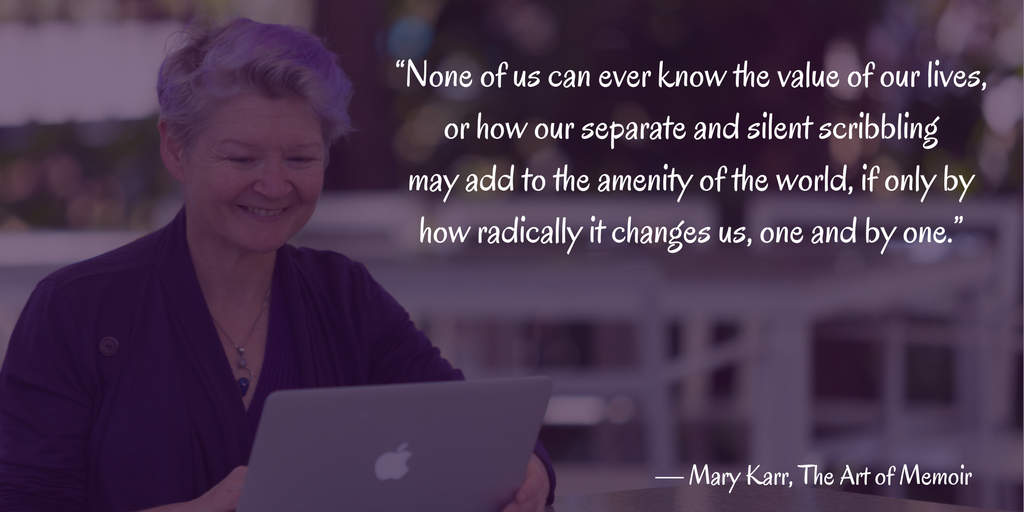I imagine that you probably do too. Am I right? Is that why you’re here?
I believe that when we are really drawn into a story, it changes us.
When we empathise with a character, we experience their struggle, their suffering, their growth, and their triumph as our own. As they become wiser, kinder, more resilient, so do we.
In a sense, it doesn’t matter whether it’s a “true” story or not. Fairy-tales and folklore tap into archetypes and deeply-held metaphorical truths. That’s why these stories we’ve been telling for centuries (or millennia) can still speak to us so compellingly today.
In another sense, a “true” story has a special kind of power, especially when we identify with the protagonist, through our common humanity.
When we think; “She’s just like me. She’s not a celebrity. Not fabulously wealthy, gifted, famous. She’s vulnerable and imperfect and sometimes messy and uncertain. And she has struggled, really struggled, with this thing that is not so very different from the struggle I face in my own life, the thing I’ve felt so alone with. The thing I’ve been unable to really explain or understand. But she’s described that struggle, made sense of it, unraveled it so that it can be knit up again into a new garment, one that serves a new purpose, clothes a new identity. And if she can do that, then – maybe – so can I.”
These are the stories that inspire me.
They are the stories I love to read, and the stories I aspire to write.
My mentor tells me; “Your story could change someone’s life.” And I am beginning to believe her.
I’m learning to have the courage of my convictions when it comes to writing and sharing my own story. Beginning here. Beginning now.


Recent Comments